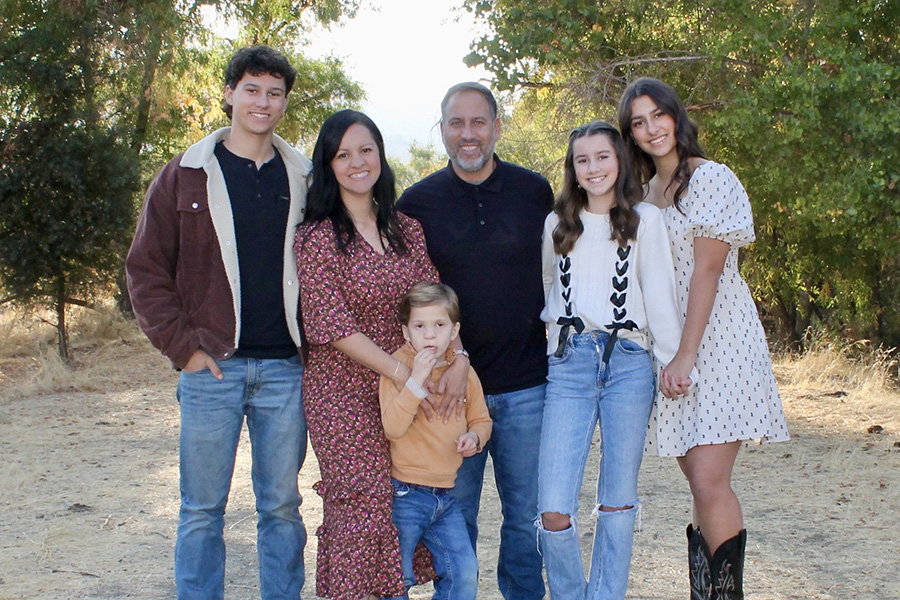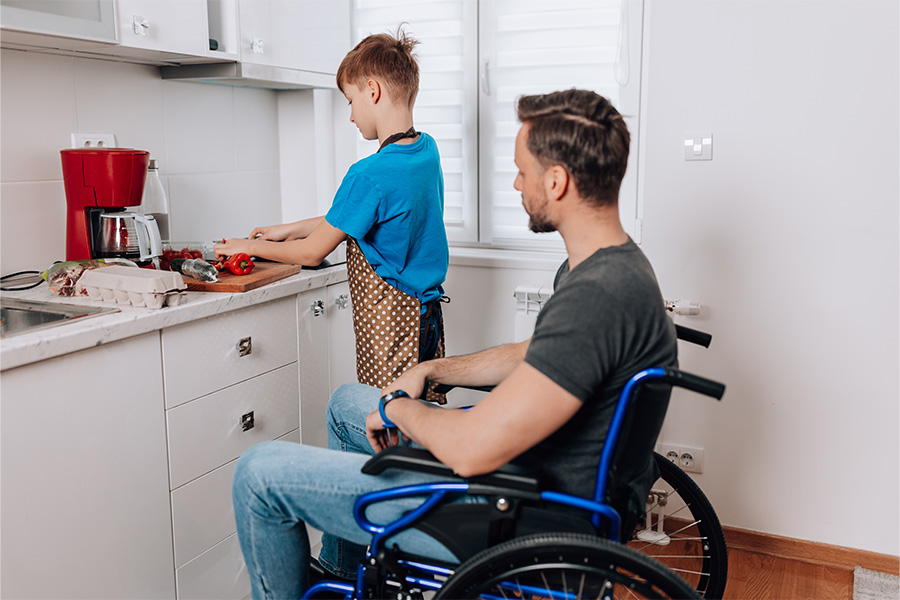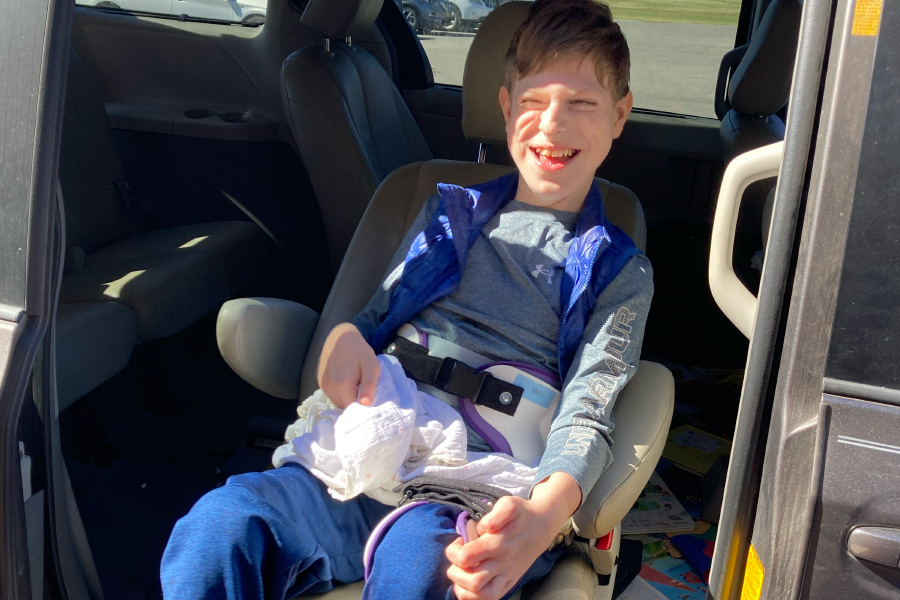Once you’ve recovered from going through the process of identifying, evaluating and classifying your child, you can now rest for three years. Even though you will review your child’s Individualized Education Plan (IEP) annually, your child will not being formally assessed for eligibility for another three years.
What is Re-Evaluation?
Every three years after your child is found eligible for an IEP, he/she will be eligible for a re-evaluation. This is when testing is completed again in order to determine their continued eligibility for special education and related services. Re-evaluation usually consists of a Psychological Evaluation, Educational Evaluation and related services evaluations, such as Speech, Occupational Therapy, or Physical Therapy. Based on your child’s classification, your child study team (CST) will use the test data to determine if your child continues to have a learning, emotional, communication, attentional, etc. weakness that impacts their ability to access the curriculum.
Should I Agree to a Re-Evaluation?
If after three years, you are unsure of your child’s levels of academic functioning, I would recommend that you agree to a re-evaluation. For example, if your child was initially classified at age five, by age eight (3rd grade), I would recommend that you agree to a re-evaluation. This is because your child went from a pre-reading level to more advanced reading and writing levels in addition to needing to develop more complex math skills, etc. If a re-evaluation isn’t done until the 6th grade, a large span of data can be lost. This data would be used to compare your child’s progression, areas of strengths/weaknesses and learning style. In addition, this profile can guide your child’s teachers in the best ways to differentiate instruction as well as provide accommodations.
When Should I Not Agree to a Re-Evaluation?
In some cases, you and/or the CST will decide that your child’s area of disability continues to persist based on functional assessment and other assessments completed by teachers in the classroom. As a result, there is no need to complete a re-evaluation. If that is agreed upon, you and your CST will review your child’s IEP and you can wait another three years to re-evaluate.
In this case, my suggestion would be to only pass on the re-evaluation once. Meaning that the longest time between evaluations should be a maximum of six years. Data beyond six years will likely not be accurate of your child’s profile any longer.
*Note: The term IEP stands for Individualized Education Plan which suggests that each child’s profile and needs are individualized and will need to be approached in an individualized way. If you are unsure of how to approach your child’s initial eligibility, annual review or re-evaluation, consult with an Educational Consultant/Psychologist who has an understanding of the IEP process. They will help you make all of the complex decisions needed to create and maintain a strong IEP for your child.
Dr. Liz Matheis is a licensed Clinical Psychologist and certified School Psychologist who specializes in working with children with ADHD, Anxiety, Autism, Learning Disabilities, and behavioral struggles. She is also mom to three children, one with special needs. Her practice, Psychological and Education Consulting, is located in Livingston, New Jersey.















